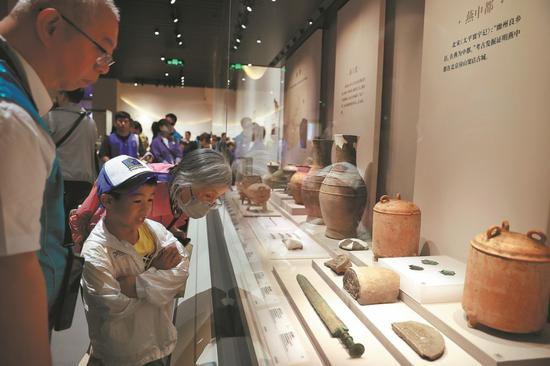
Visitors admire exhibits at the Grand Canal Museum of Beijing in the capital's sub-city center Tongzhou on Saturday. The day also marked the opening of the 2024 Beijing Museum Month, which comprises an exhibition week, a cultural and creative week, a film week and a reading week. (JIANG DONG/CHINA DAILY)
From heritage sites preserved for millennia to bustling ancient streets being revitalized across the nation, China's cultural venues, including museums, are enjoying a boom in popularity. They also are emerging as dynamic educational institutions and serving as bridges between the past and present as well as between different peoples.
At the heart of this cultural reawakening lies an overarching vision from President Xi Jinping that sees museums not merely as repositories of artifacts, but as vital engines of learning and cultural rejuvenation.
Wei Long, former director of the Yuncheng Cultural Heritage Protection Center, has vivid memories of Xi's visit to the Yuncheng Museum in Shanxi province last year, during which Wei introduced the institution's most treasured relics to the president.
"President Xi walked and talked with us as we explored the exhibits, from carved stone silkworm cocoons to vibrant pottery basins," Wei reminisced. "He examined each artifact with great attention to detail."
The visit by Xi, who is also general secretary of the Communist Party of China Central Committee, transformed the Yuncheng Museum into a hot destination that now draws tens of thousands of visitors eager to trace the footsteps of China's rich cultural heritage.
The trip to the museum mirrored greater emphasis from the nation's top leader on the development of such cultural institutions, underscoring their pivotal role in providing a holistic educational experience.
Xi disclosed his personal attachment to museums during an interaction with Song Yan, deputy head of the Nanjing Museum Administration, at the annual National People's Congress session in March in Beijing.
"I have loved visiting museums since I was a child," Xi said. "When I was young, I visited almost all the museums in Beijing." He also spoke of memories of riding a bicycle to school and how Beijing's ancient city wall had impressed him.
During the annual session, he called for better construction of museums and for fully leveraging their educational function to enhance people's sense of history through in-depth engagement with museums.
Wu Yujian, head of the Fuzhou Cultural Heritage Administration, said the strong emphasis from Xi on the development of museums significantly enhanced public awareness of museums and further maximized their educational role, particularly in promoting outreach to young people.
"Going forward, this emphasis will encourage more people to learn about and visit museums," Wu said, adding that museum professionals should increase the frequency of exhibitions and social activities, improve the quality of displays and enhance staff explanations and service standards to consistently meet the public's growing demand for museum services.
According to the National Cultural Heritage Administration, the total number of registered museums nationwide increased from 3,866 in 2012 to 6,833 in 2023, averaging one new museum every 1.2 days. In 2023, museums across the country held more than 40,000 exhibitions and more than 380,000 educational activities, attracting a record 1.29 billion visitors.
In Fuzhou, a solid foundation for cultural heritage preservation and exploration was laid when Xi served as secretary of the CPC Fuzhou city committee, the city's top official, from 1990 to 1996.
Wu said that Xi, during his tenure in Fuzhou, outlined a host of forward-thinking, innovative and strategic ideas and practices that have provided clear direction and fundamental guidelines for the development of Fuzhou's museum sector. Under Xi's leadership, historical sites were preserved and restored, transforming them into significant cultural institutions. "This initiative brought new life to Fuzhou's ancient buildings," he said.
Xi also personally served as the guide when the Fuzhou Memorial Hall of the 1911 Revolution was opened in 1991 on the premises of the residence of Lin Juemin, a revolutionary in the Qing Dynasty (1644-1911). Xi made three more visits to the museum within a month after its opening, to gather visitor feedback and give directives for improvements, Wu said.
Wang Jiang, curator of the Taiyuan Northern Qi Dynasty Mural Museum, which was opened to the public in December, said the museum is now placing stronger emphasis on engaging students through its exhibitions.
"Our exhibitions serve as a living textbook of historical memory and artistic heritage," he said. "Through ongoing educational activities, we engage young people as well as enthusiasts with expert lectures and artifact restoration workshops."
Meanwhile, the lure of museums has also been amplified by social media platforms, with more institutions going online to showcase the charm of their displays.
According to a report released by short-video platform Douyin on Friday, the number of museum-related videos surged 191 percent year-on-year in 2023, with total views increasing 62 percent. The number of museum check-ins grew 34 percent, and museum ticket orders soared 149 percent year-on-year in 2023.
Liang Xiaojie, curator of the Wulian County Museum in Shandong province, said the use of social media platforms has made cultural heritage more accessible and engaging to viewers. "So far, we have received 2.3 million visits from online followers," she said. "Such viewership would be impossible without the help of online channels."
She added that the initiative to develop a digital museum can bring these artifacts closer to life, allowing people to admire exquisite relics from all angles and maximizing the value of museum collections.
Meanwhile, the nation's museums have also expanded their channels for international exchanges, sharing their expertise on the restoration of cultural heritage and enabling more robust people-to-people ties.
Tao Yan, curator of the Chongqing Stilwell Museum, which is dedicated to showcasing the legacy of the late US Army General Joseph Stilwell, said the museum is inviting more friendly individuals from the United States for visits and exchanges.
General Stilwell fought side by side with the Chinese people during the latter part of the War of Resistance Against Japanese Aggression (1931-45). The museum in Chongqing hosted a series of events last year to mark 140 years since Stilwell's birth on March 19, 1883. The events were attended by nine people from the Stilwell family.
Tao said, "We aim to deepen understanding of the history of Sino-American cooperation during World War II, fostering cultural exchanges and strengthening the foundation for grassroots friendship between China and the US."








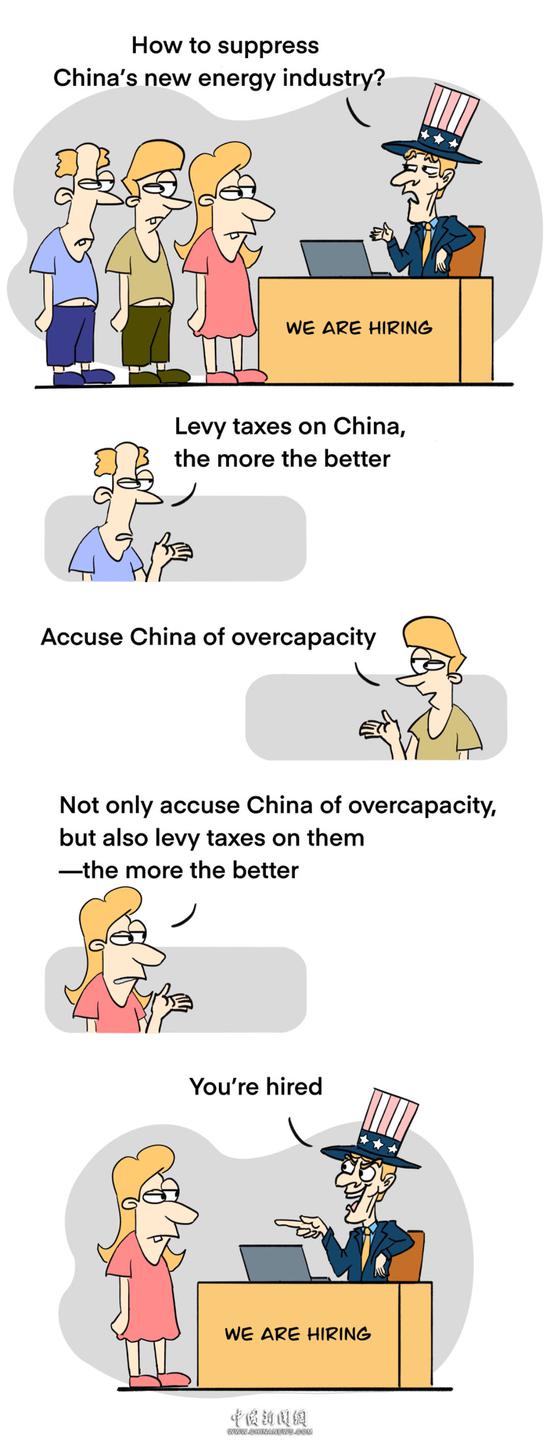
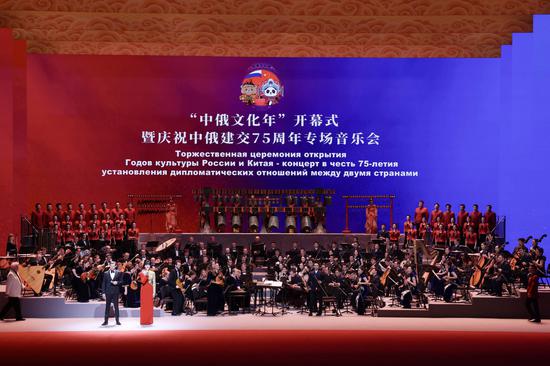
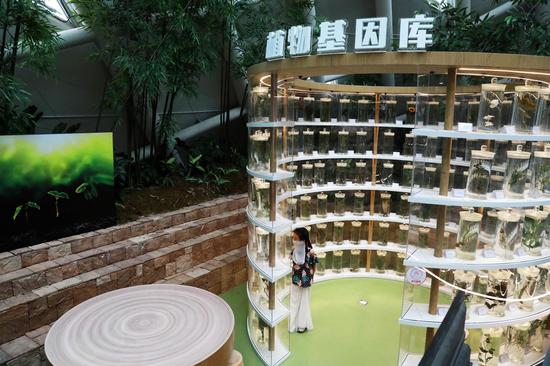

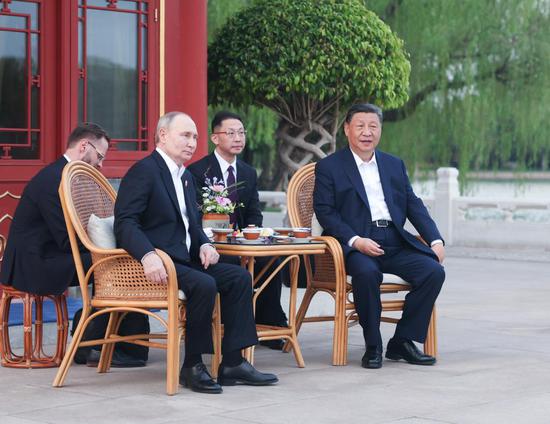
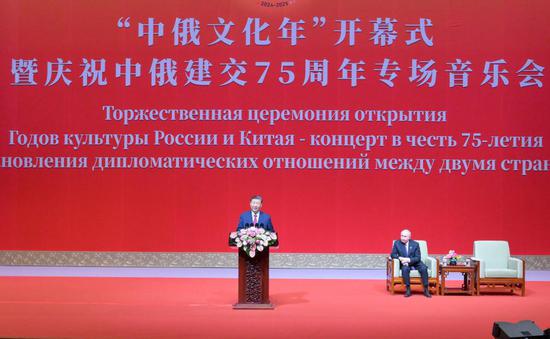
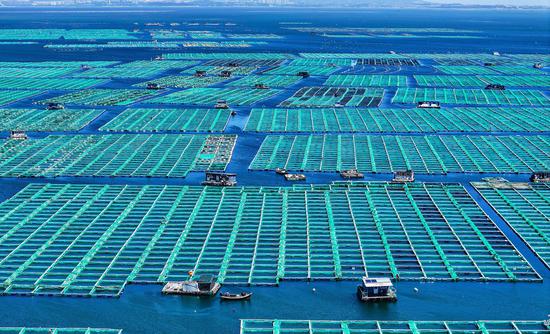
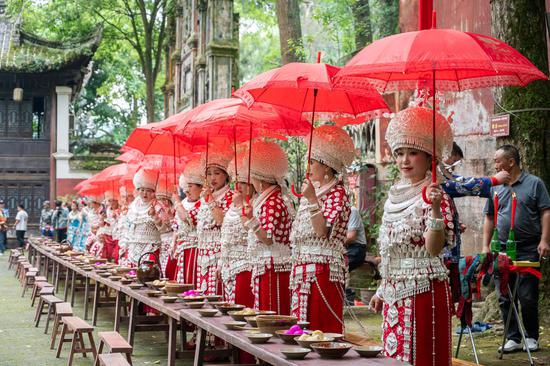
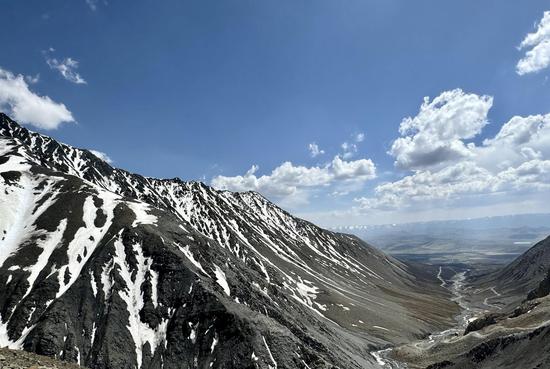

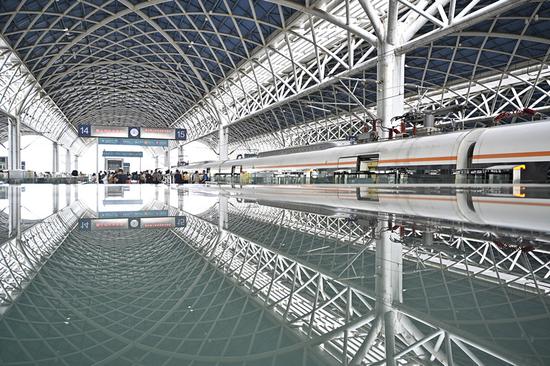
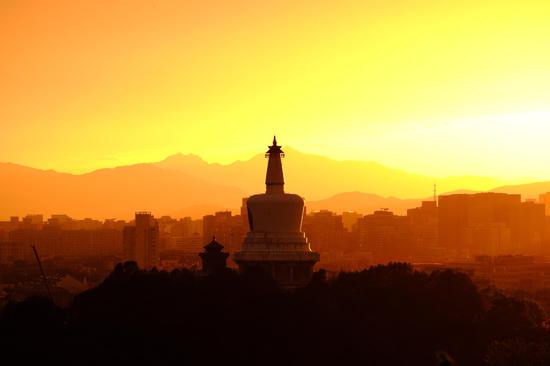


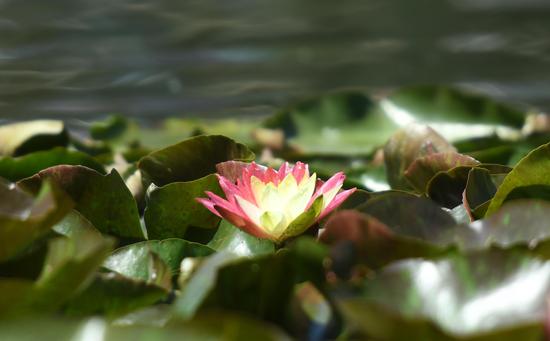


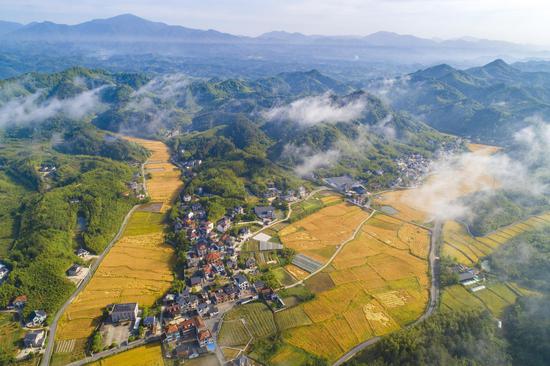
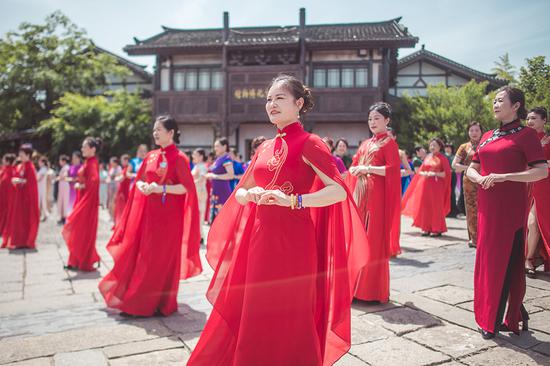

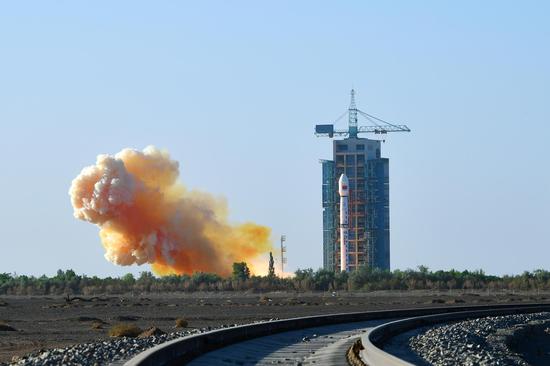

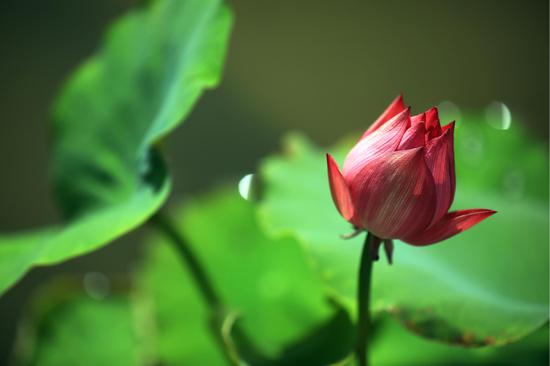
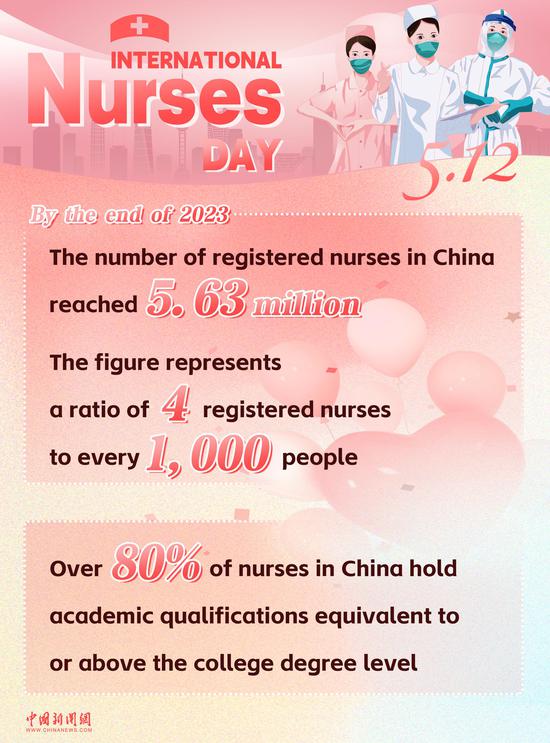
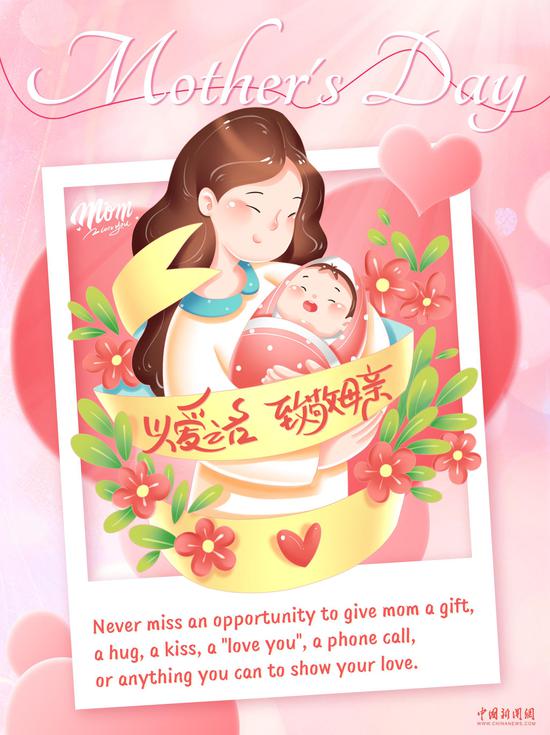
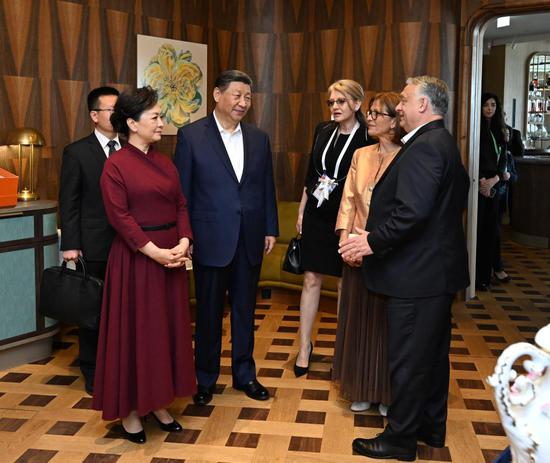
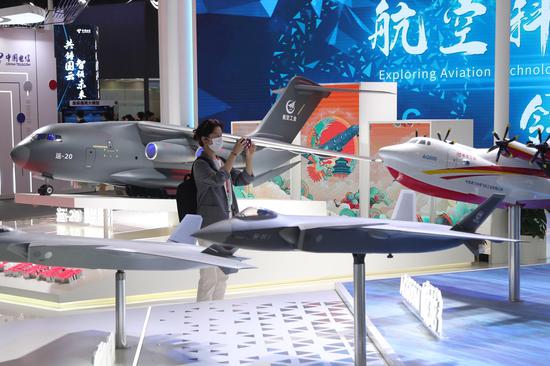
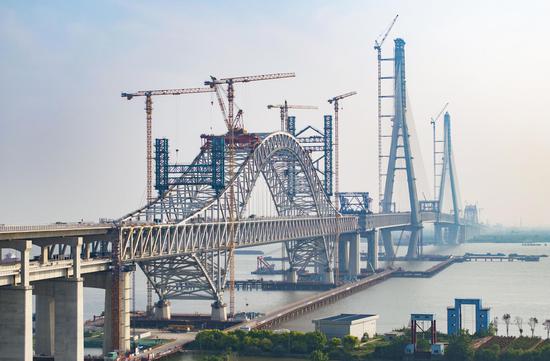

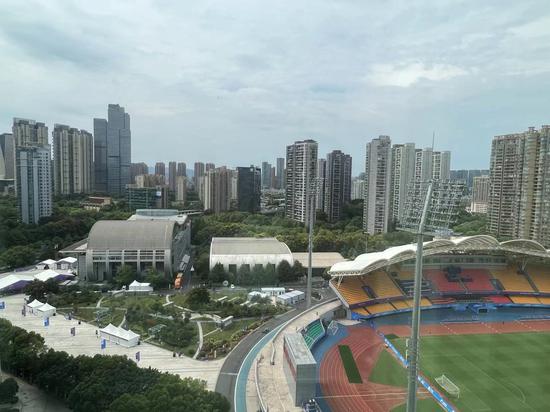
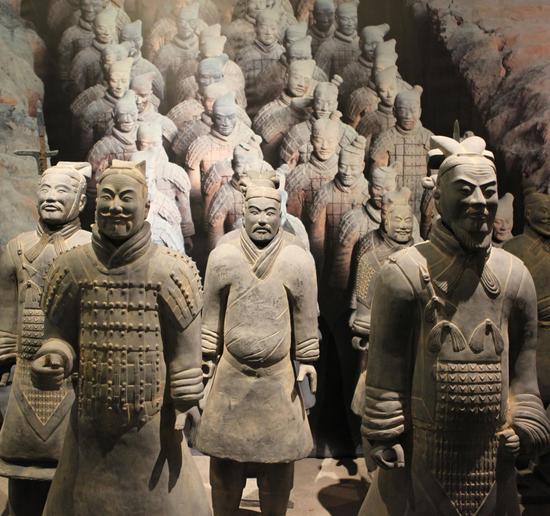
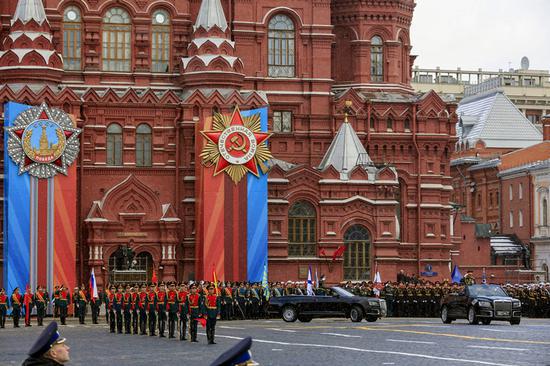
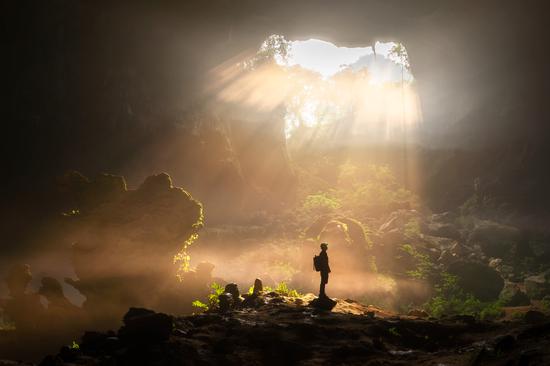
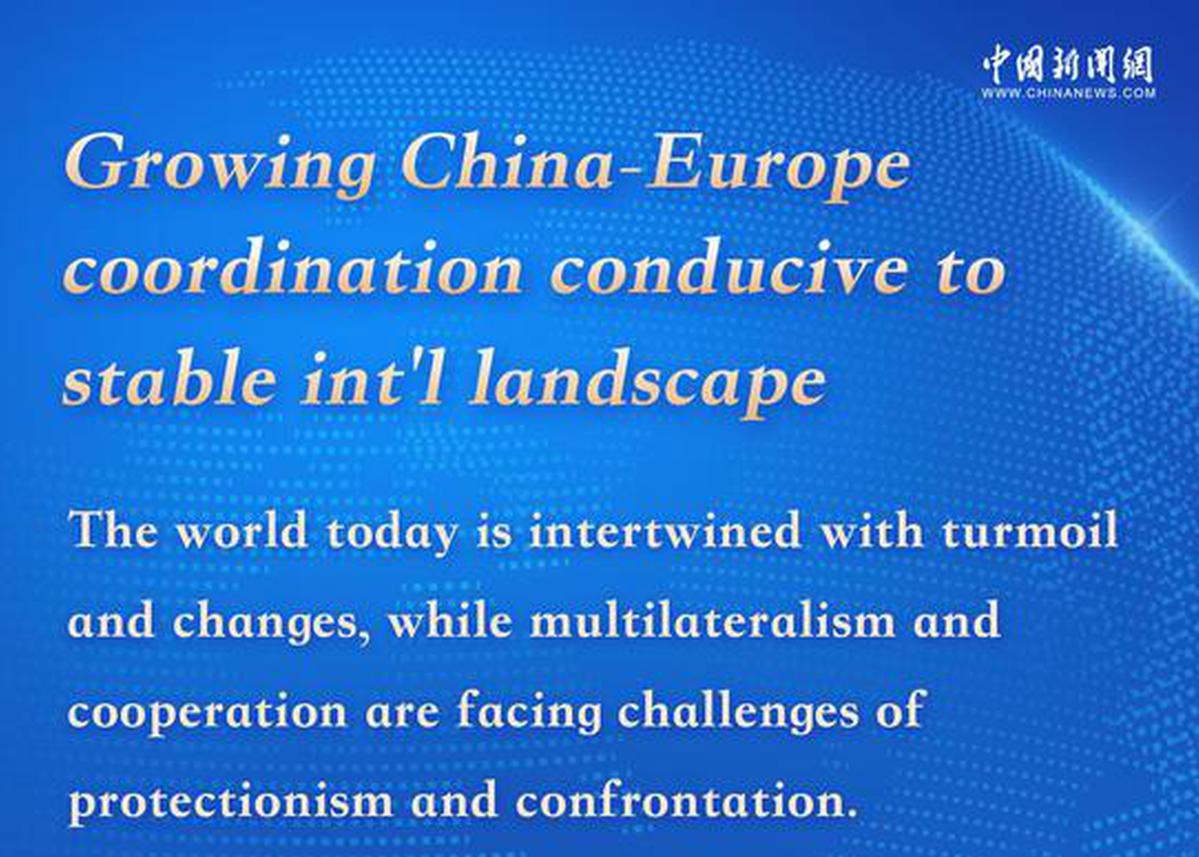
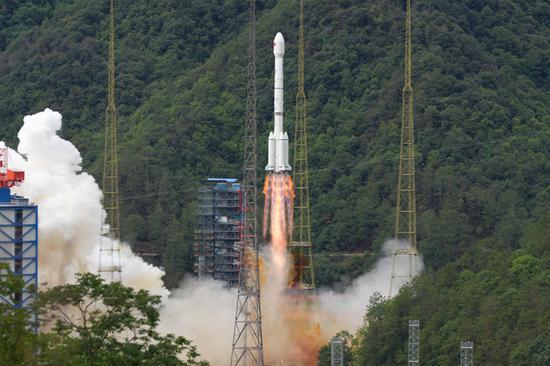
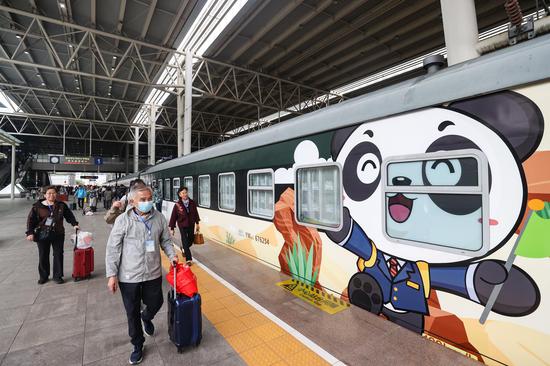
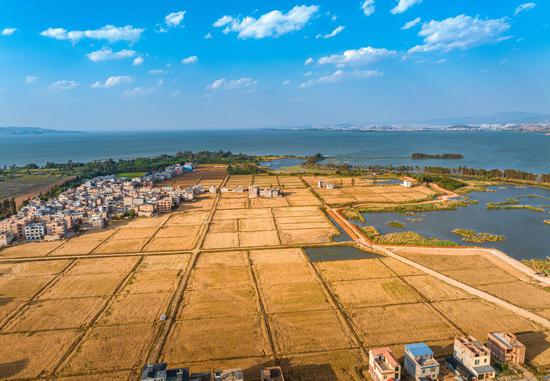





 京公网安备 11010202009201号
京公网安备 11010202009201号